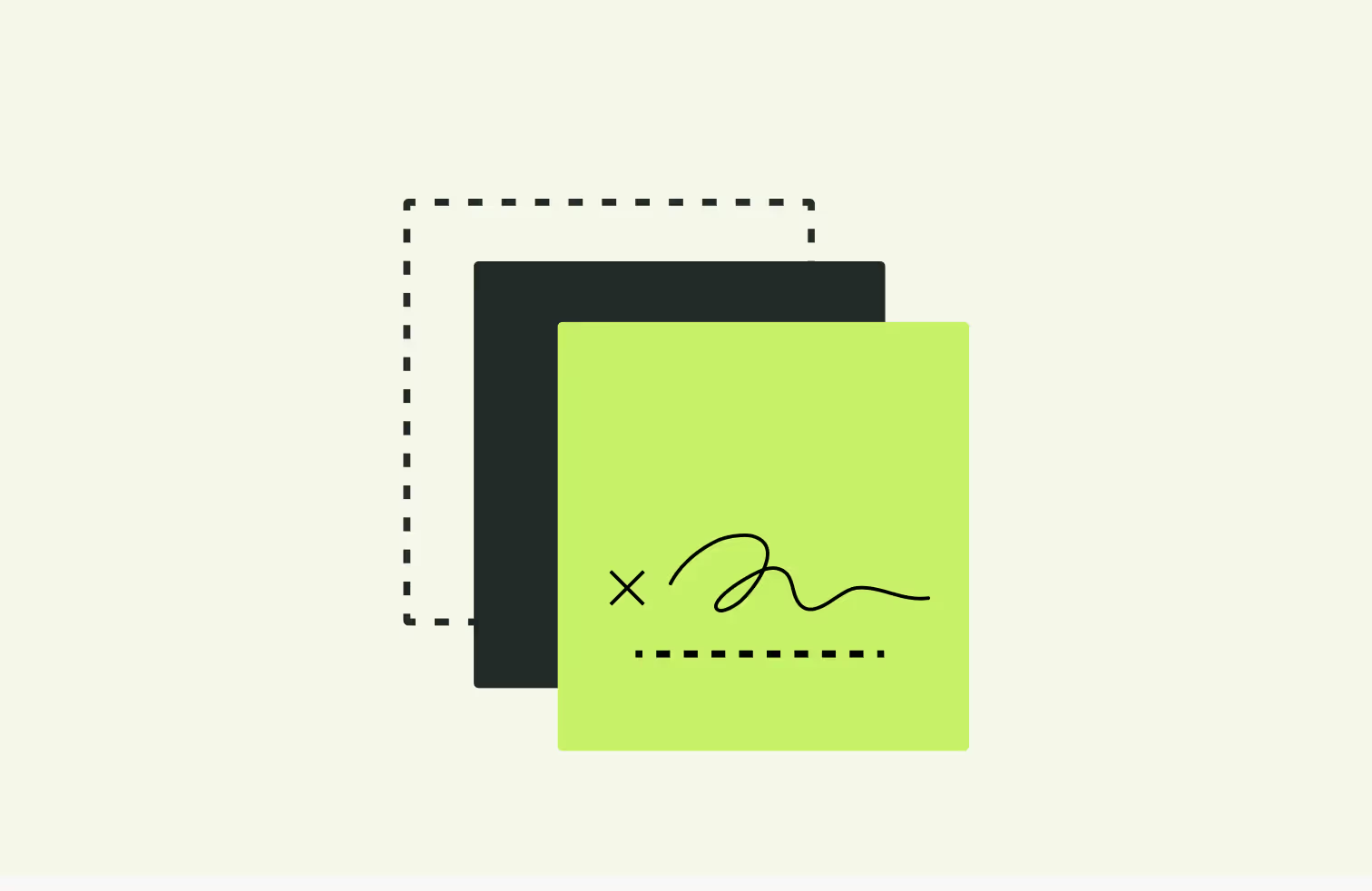Solutions
Customer Support
Resources
Contracts are hard to get out of. That’s pretty much the whole point of them. But they can be ended by “frustration”.
In this article, we’re going to look at exactly what contract frustration means, when it happens, and some examples of it in action.
A contract is frustrated when it becomes impossible to perform due to a “supervening event” – one that isn’t the fault of any of the parties, and that they couldn’t reasonably have predicted.
If this happens, the contract is declared invalid, and the parties to it no longer have to perform their contractual obligations.
This means that frustration of contract causes a contract to end immediately, and all parties are discharged from their future obligations. In other words, they don’t have to do what they said they would anymore, and neither can sue the other for breach of contract.
But contract frustration isn’t easy to prove. That’s because contracts are there to protect everyone involved – so nobody wants cancelling them to be simple. The concept of frustration exists to make sure that if something happens that no one could have seen coming, both parties can still get a reasonable result.

A contract will be frustrated if a supervening event occurs which makes it impossible to perform the contractual obligations involved. Or, where that performance would be radically different because of the supervening event.
The test for frustration was defined in a 1956 case, Davis Contractors Ltd v. Fareham Urban District Council, as follows:
“… frustration occurs whenever the law recognizes that without default of either party a contractual obligation has become incapable of being performed because the circumstances in which performance is called for would render it a thing radically different from that which was undertaken by the contract.”
The important words here are “radically different”. To prove frustration, you must be able to show that something has happened – that “supervening event” we mentioned earlier – that means carrying out your contractual obligations has significantly changed.
In short, you’d have to do a completely (“radically”) different thing from the original one you were contracted to do to fulfill your end of the bargain.
Still confused? Let’s look at an example.
Imagine you own a vineyard. You’re selling the grapes your vines produce to a winemaker. But the day before you’re due to deliver, the vines are struck by lightning and a fire burns up all those lovely grapes.
As long as lightning strikes aren’t common in your part of the world (so you couldn’t have predicted that this might happen), it’s likely that your contract with the winemaker would be frustrated.
But if your vineyard is in Lightning Alley (an area from Tampa to Orlando that gets struck by lightning a lot – there are about 56 strikes every square mile each year, fact fans), then that winemaker might be able to sue you for breach of contract for not delivering those grapes when you said you would.
That’s because you could have reasonably predicted that a strike might happen, which means frustration doesn’t apply.
For an event to result in a frustrated contract, it must have an extremely serious impact on a contract to make it impossible to perform.
Let's run through some examples of events that could cause frustration and what these look like in practice.
Frustration of contract will occur if one of the parties dies or becomes incapacitated. The obvious reason for this is that they can’t fulfil their contractual obligations anymore. Importantly, this only applies if the party is an individual, not a company or other legal entity.
It's also possible for a war or riot to result in the frustration of a contract. This is because these events are typically out of the parties' control and can make it impossible to perform contracts – particularly across borders.
An act of God is another example of a supervening event that can cause the frustration of a contract. This is something that doesn’t have any human involvement and can’t be predicted or planned for – like earthquakes, exceptionally heavy storms or floods, and so on.
A contract can also become frustrated if there’s a change in the law that prevents or prohibits the contract from being performed. For example, if a particular product or service is suddenly banned, or if a country has a trade embargo placed on it.
The case of Fibrosa Spolka v Fairbairn is a perfect example of this. In 1939, Fairbairn, a company which manufactured textile machinery, agreed to supply machines to Fibrosa Spolka, a Polish company. Fibrosa Spolka made an initial payment for these, as per the contract.
But then Germany invaded Poland, and shortly afterwards Great Britain declared war on them. And a new law was brought in making it illegal for British companies to trade with Poland (as it was officially “enemy territory”). The contract was held to be frustrated because the law had changed.
Frustration of contract can also occur if the subject matter of the contract is destroyed in a flood or fire, for example.
This happened in the famous case of Taylor v Caldwell. Taylor hired a music hall to hold four concerts. But a week before the first one the hall burnt down.
Taylor tried to sue for breach of contract and claim damages, but the court ruled the contract was frustrated because the subject matter (i.e. the hall) was destroyed.
Now that we know when a contract will become frustrated, let's look at what actually happens if it is.
If a contract is frustrated, it’ll be discharged. This means all parties are released from their obligations. And nobody involved can sue the other for breach of contract.
This happens from the day the supervening event took place. Anything that went on before this event still applies though – so if, for example, one party owed the other money for a shipment that was delivered before the supervening event, they’d still have to pay for that.
The contract being frustrated means they won’t have to pay for any future ones, of course. And if you paid an advance payment for goods you never received, you’d get that back.
There might also be secondary obligations that still apply as well, like confidentiality clauses, for example. Obviously who has to pay what if a contract is frustrated will depend on the contract itself and the law in your country (in the UK that’s the Law Reform (Frustrated Contracts) Act 1943).

As we mentioned earlier, frustration is hard to prove for a reason. You can’t decide to have a contract frustrated just because it’s more difficult or expensive to carry out your obligations than you originally thought.
A good example of this is the famous case of Tsakiroglou & Co Ltd v. Noblee Thorl. The defendant was contracted to ship some peanuts to Hamburg. They originally planned to take these via the Suez Canal, but it was closed due to military operations by the British and French armed forces against Egypt.
They could have gone through the Cape of Good Hope, but this would have added several days on to the trip and made it much more expensive. Instead, they refused to ship the goods, arguing that the contract was frustrated. But the court disagreed – even though it would have cost the company more, this didn’t make delivering their part of the contract radically different.
You also won’t be able to argue frustration of contract if:
Fortunately, while you can't control whether or not a contract will be frustrated, there are other ways you can reduce contractual risk and ensure contract compliance.
One solution is to use contract automation software like Juro. To find out more about how Juro can reduce contract admin and risk for your business, fill in the form below.

Lorem ipsum dolor sit amet, consectetur adipiscing elit. Suspendisse varius enim in eros elementum tristique. Duis cursus, mi quis viverra ornare, eros dolor interdum nulla, ut commodo diam libero vitae erat. Aenean faucibus nibh et justo cursus id rutrum lorem imperdiet. Nunc ut sem vitae risus tristique posuere.

